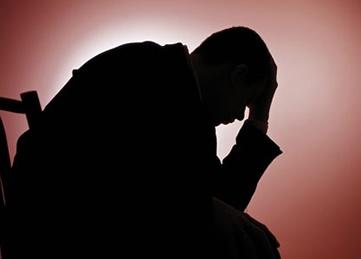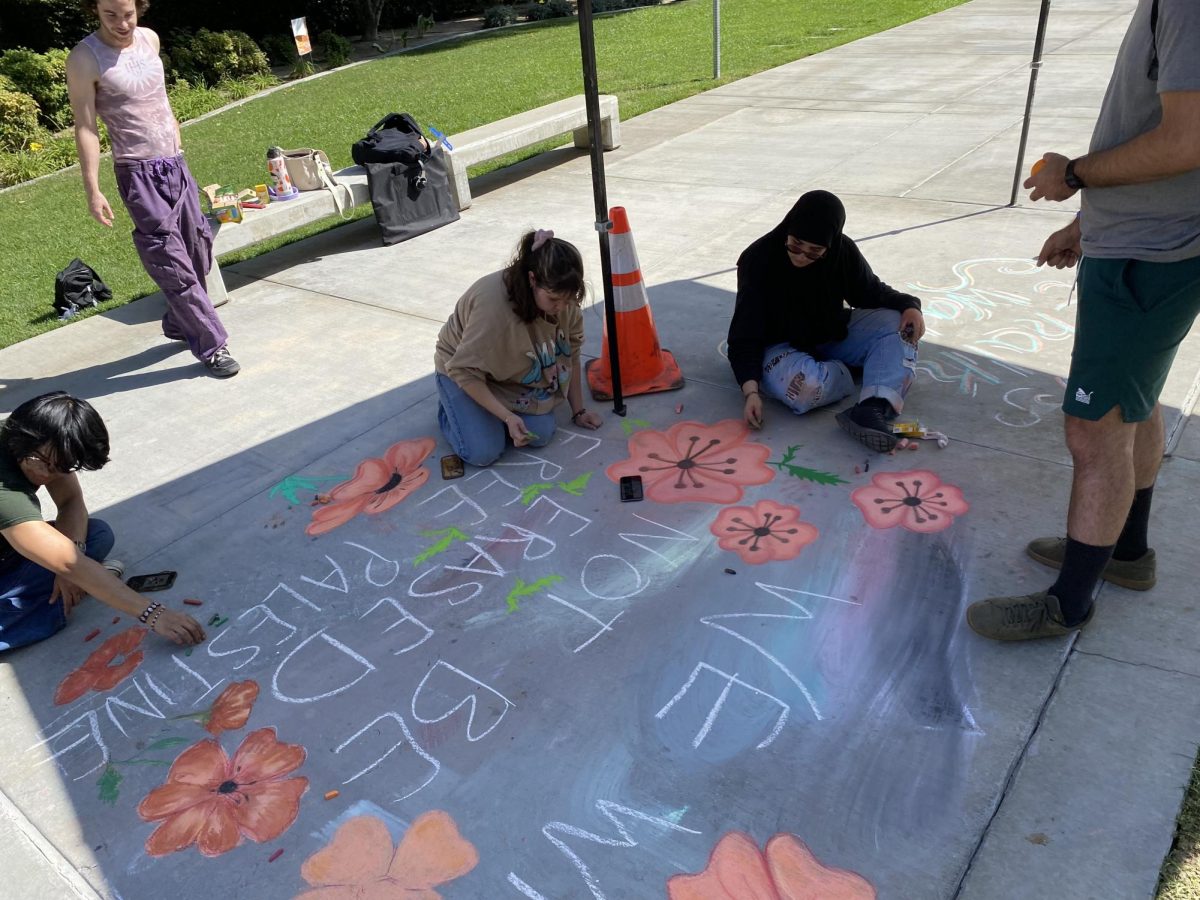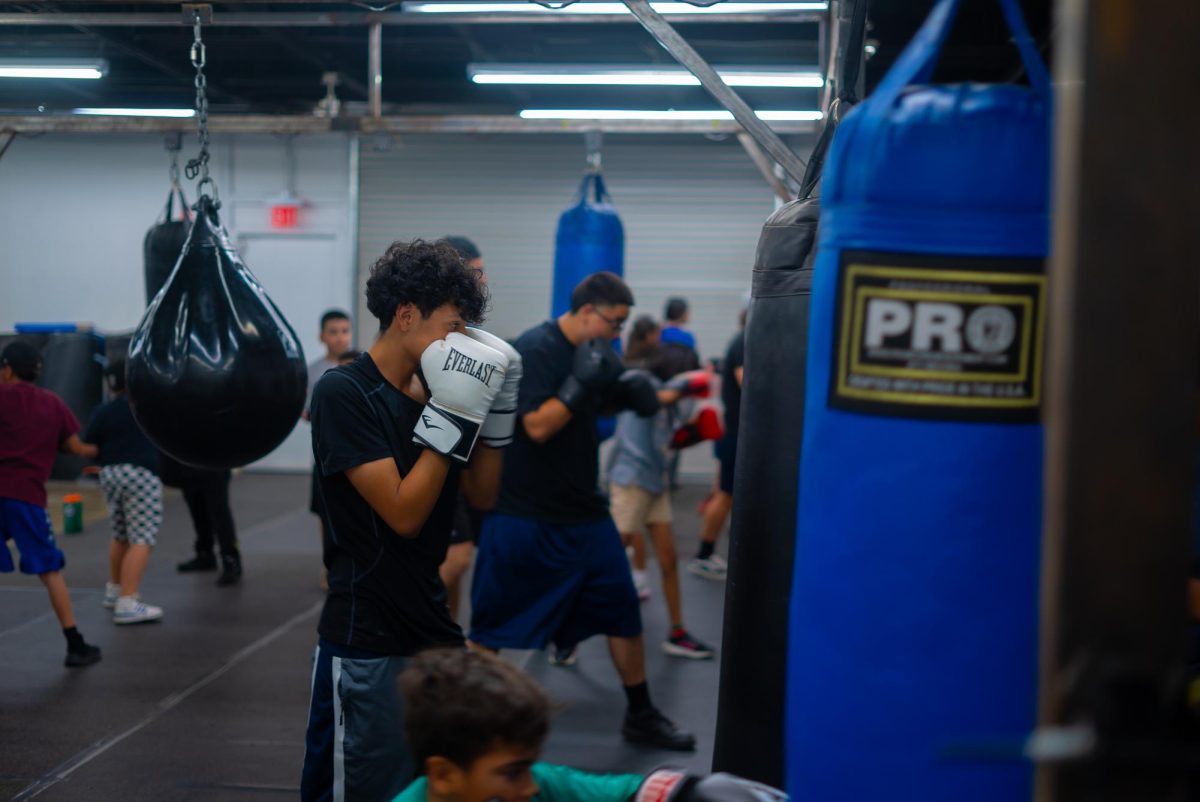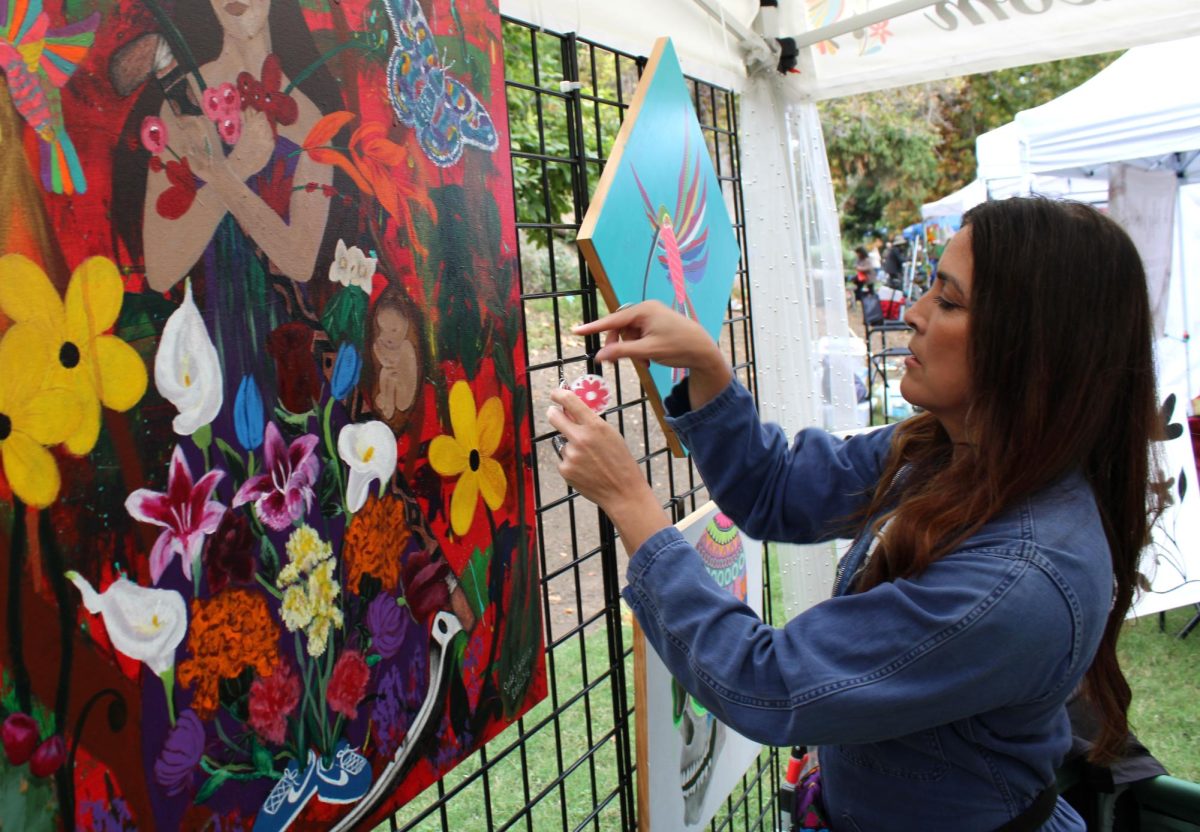
By Julia Goldman
There is a discovery upon diagnosis of depression, one that involves the relationship shared between oneself and their mental health.
It’s a journey to find acceptance, stability and eventually happiness.
Peter Mastos, a developmental and social psychology professor for over 20 years at Riverside City College, provided insight on depression and surrounding factors that are linked to depression.
Mastos said depression is characterized significantly by self esteem.
“Self esteem is just self worth. When you’re depressed, you don’t like yourself,” he said. “There’s certainly a range with depression, and psychologists utilize tools to determine that range.”
Mastos said there are numerous factors that involve diagnosis with depression such as the genetic component, childhood trauma, social media and the COVID-19 pandemic. These factors, specifically, seem to play a very interesting role for young women, who as a group are more depressed than ever, according to Mastos. Socially, we’ve never interacted in this large scale, lightning fast interactive way before online, and unfortunately, young women appear to be reaping the consequences.
“Online people can be mean, aggressive and malicious and the internet seems to spread it. This seems to be a factor,” Mastos said. “Additionally, there’s this trend of creating this illusion of your life online, and only you know the truth behind this illusion.”
Young women, particularly, are suffering due to this nature of online culture.
RCC student Zoe Mcann, 21, said being diagnosed with depression was no surprise. It is an extra weight placed on her shoulders that challenges her daily. Mcann exhibited the typical signs of depression within her early adolescence, with daily tasks becoming more of an ongoing struggle.
“I kind of saw it coming,” Mcann said. “I had missed 42 days in one semester because I couldn’t get to class.”
She noticed others treated her differently after the diagnosis despite her self perception remaining the same and began picking up hobbies in an effort to mask her illness from others.
“It took forever for me to show the parts I wasn’t lying about to everyone to show them my true self,” Mcann said.
Mcann recalled a time within her adolescence where she found comfort within her sadness and got stuck in it, which weighed her down at the time.
“How people cope with depression is important,” Mastos said. “With depression, the trend is to self isolate and stay with their emotions. That’s why therapists will give you homework assignments, to force you to get out of the house.”
According to Mcann, in the seven years since her diagnosis, she’s come to terms with the disease. Instead of hiding her depression as she did in the past, she now lives with the mindset that you are not responsible for your own trauma but you are responsible for fixing it.
“I wish it didn’t feel like such a taboo,” Mcann said. “The more people I’ve met that struggled with depression, the easier it felt to deal with.”
An RCC psychology student, who preferred to be kept anonymous, defines depression to them as a state of mind.
“It comes and goes,” they share. “I feel like it always has a lasting effect when something impactful happens in my life, I can feel the symptoms of it. It’s always lingering.”
After exhibiting a series of symptoms of depression at a young age, they found themselves fully diagnosed with depression at the age of 11. They claim that their biggest struggles within this time was their anxiety, self harm, and ultimately, a rough time in their life.
Despite exhibiting the classic symptoms of depression, the diagnosis of major depressive disorder and social anxiety was a shock. Unlike Mcann, however, this diagnosis didn’t change the way their family handled the subject of depression.
“I grew up in a very traditional hispanic household,” they said. “My depression was just ignored. Nothing changed at all.”
There is a stigma attached to mental health, and one that varies in between cultures.
Cultural misunderstandings of mental health can be perceived as weakness, and ultimately be rejected, despite needing support more than ever.
From then on, the relationship with their depression changed. Initially suppressing and detaching themselves from their depression to cope, it wasn’t until the later half of adolescence that they utilized tactics to help live with their depression, such as painting, decompressing and forcing themselves to be physically active.
Mastos agrees with these methods, and discusses the great benefit in exercise as a natural antidepressant. He also advises trying new activities to get out of your shell and doing something beneficial for someone else.
With their own outlets, both Mcann and the anonymous interviewee both feel that they can manage themselves well. Despite still handling self-deprecating thoughts, they are confident in their method of handling depression, as they share, “I have a lot more to learn, but even if I’m depressed, I’ll have the skill sets to function.”
RCC has tools to assist you within your journey of depression, at (951) 222-8151.





